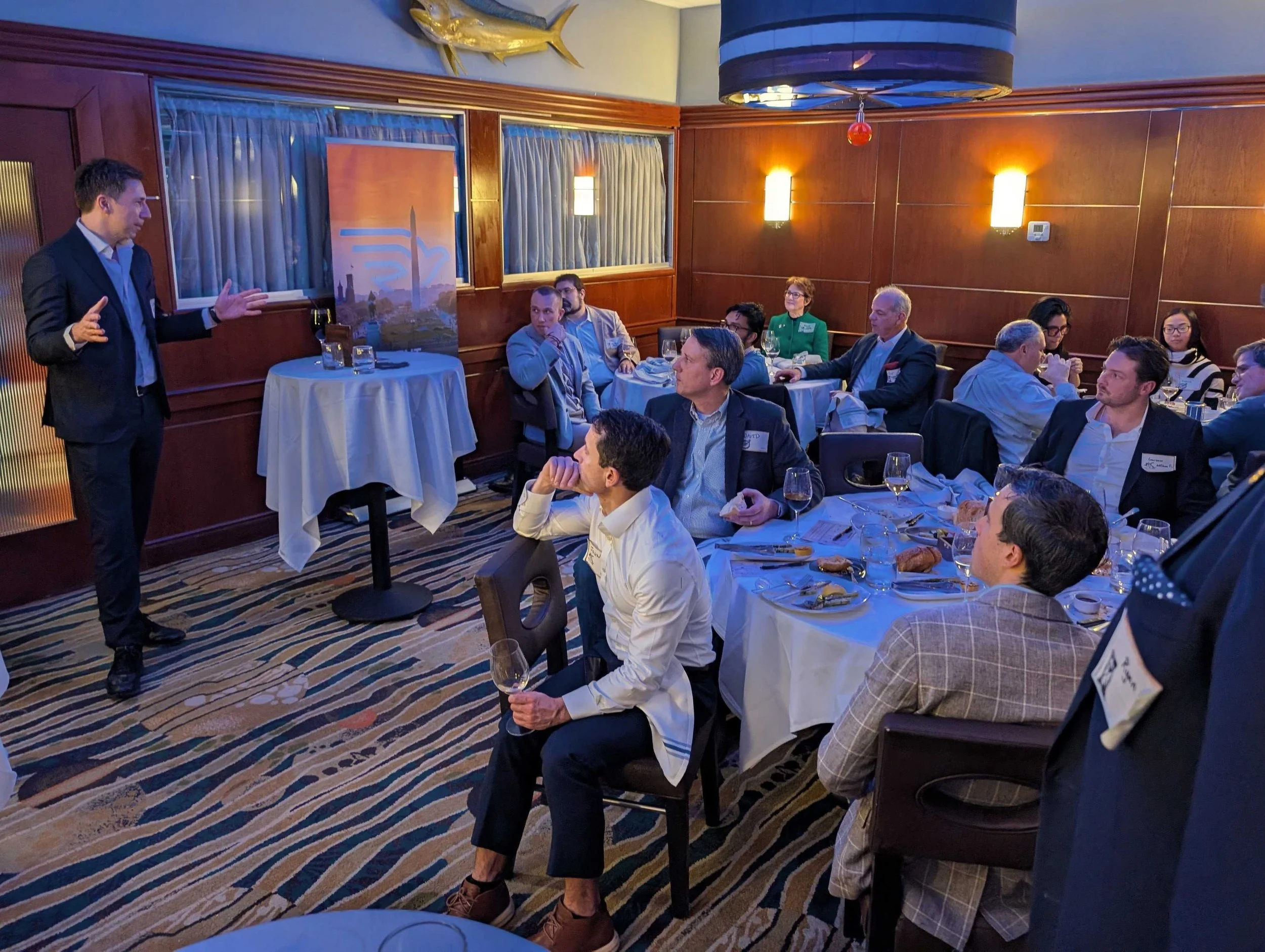Thought Leadership
Meeting Ezekiel - A Summit Reflection
At the heart of SENT Summit 2025, faith and enterprise collided in ways that continue to ripple out for those who attended. For SENT member Doug Wilson, the week at Notre Dame became a meeting point of Scripture, place, and community.
Designing Products that Serve the Human Person
It's easy for product decisions to default to features, margins, or market share. But Catholic social teaching offers a higher lens - one that reframes innovation through the dignity of the human person and the pursuit of the common good.
Beside, Not Above: Catholic Leadership Through Listening, Unity, and Solidarity
In a complex, high-growth business, it’s tempting to drift toward top-down leadership. After all, when you carry the weight of payroll, investors, and scaling strategy, it’s easy to believe leadership must be out front - decisive, directional, alone.






